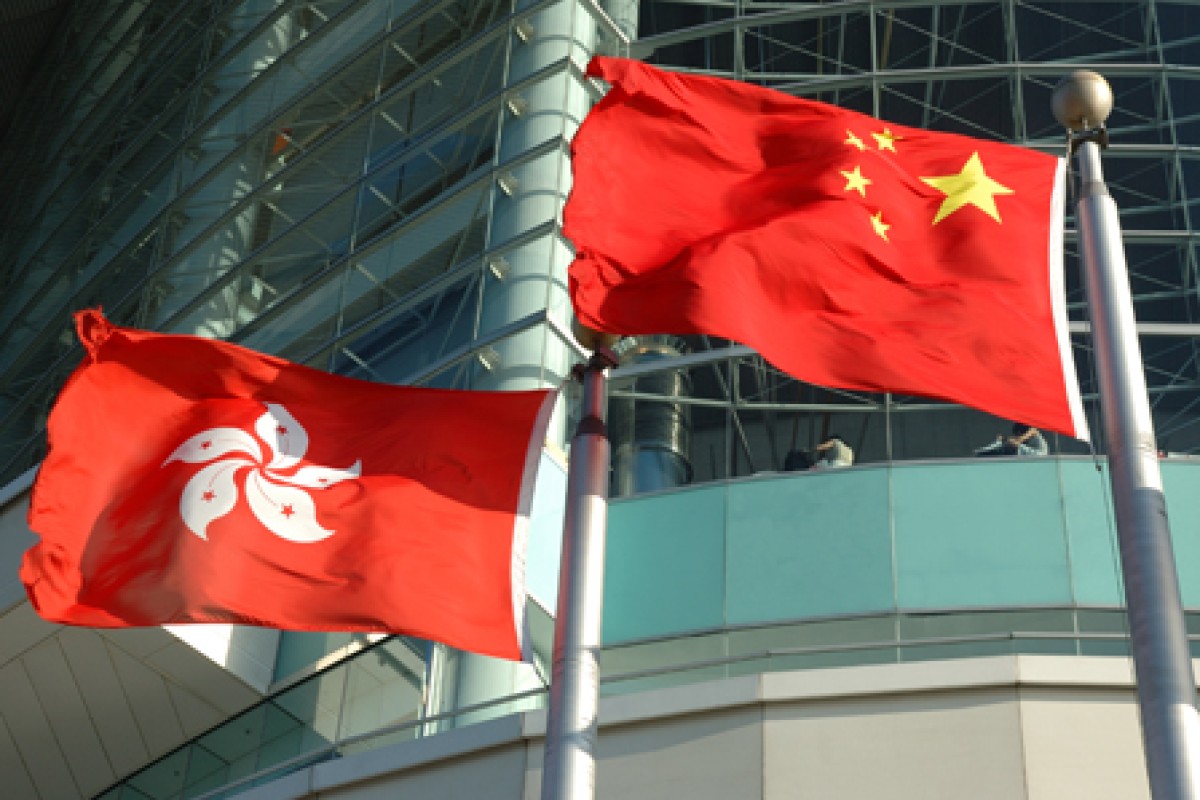
National identi-deeds

This might feel normal to those have long been settled in Vancouver - a popular destination for migrants from Hong Kong - but I am still quite struck by what I see in this "Chinese enclave": four out of five residents are Chinese, and there is lots of Chinese on signs and advertisements.
In the last 10 years or so, though, the Chinese community here has witnessed a dramatic shift in composition, as a result of mainlanders overtaking Hongkongers as the main immigrants. In fact, national census data shows that thousands of Hong Kong immigrants, for various reasons, are streaming out of Canada each year.
This trend of demographic reshuffling may partly explain why many non-Chinese people here are interested in how Hong Kong, as a Special Administrative Region, is different from the rest of China; or, more trickily, how Hongkongers view mainlanders.
When people here ask me where I am from, my answer can spark different reactions. If I choose to identify with Hong Kong, a person's perceptions may differ to if I had said "China". What's more, the presence of mainlanders in the conversation group can easily complicate things further, especially when it comes to navigating the difficult ground of issues like human rights, pollution, and corruption, among others.
This is no laughing matter. These days, Hongkongers travelling or working overseas are often likely to be asked, and even challenged, about their identity.
From my experience, it seems we should be prepared to give an answer and substantiate it, without the fear of expressing any disdain of or detachment from the mainland.
I seem to have been lucky so far. Most people I have met view me simply as a person - for who I am, myself - rather than pigeonholing me as "a Hongkonger" or "a Chinese person".
This seems to me to be the way forward. In today's global age, with the fading importance of national boundaries, civilised behaviour, respectful acts and a friendly attitude are more of a priority than national identity. It is for these actions that one will be predominantly recognised for and judged upon.
Certainly, we can debate endlessly about our (non-)preference of national identity; but not at the expense of neglecting our good personal character and deeds. These are what truly makes an impression in the world.
You might also like:
- Op-Ed: Hong Kong people lack national identity